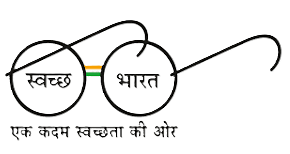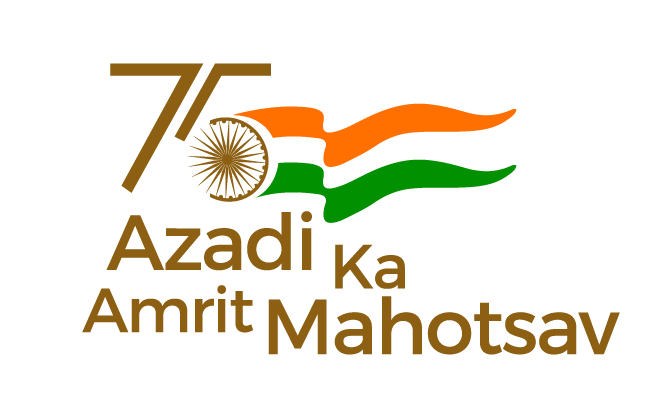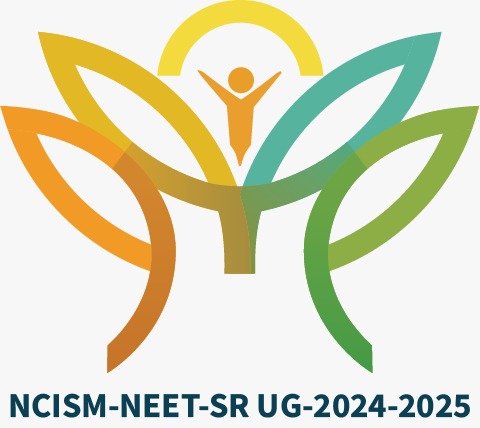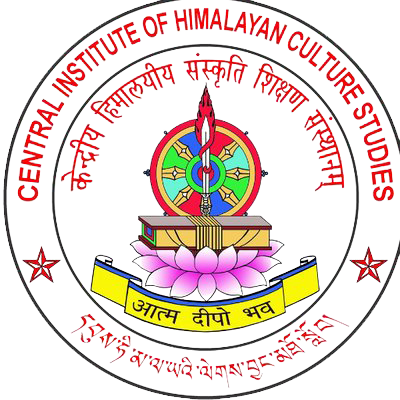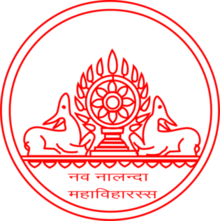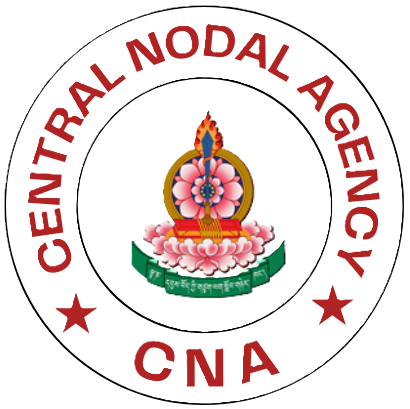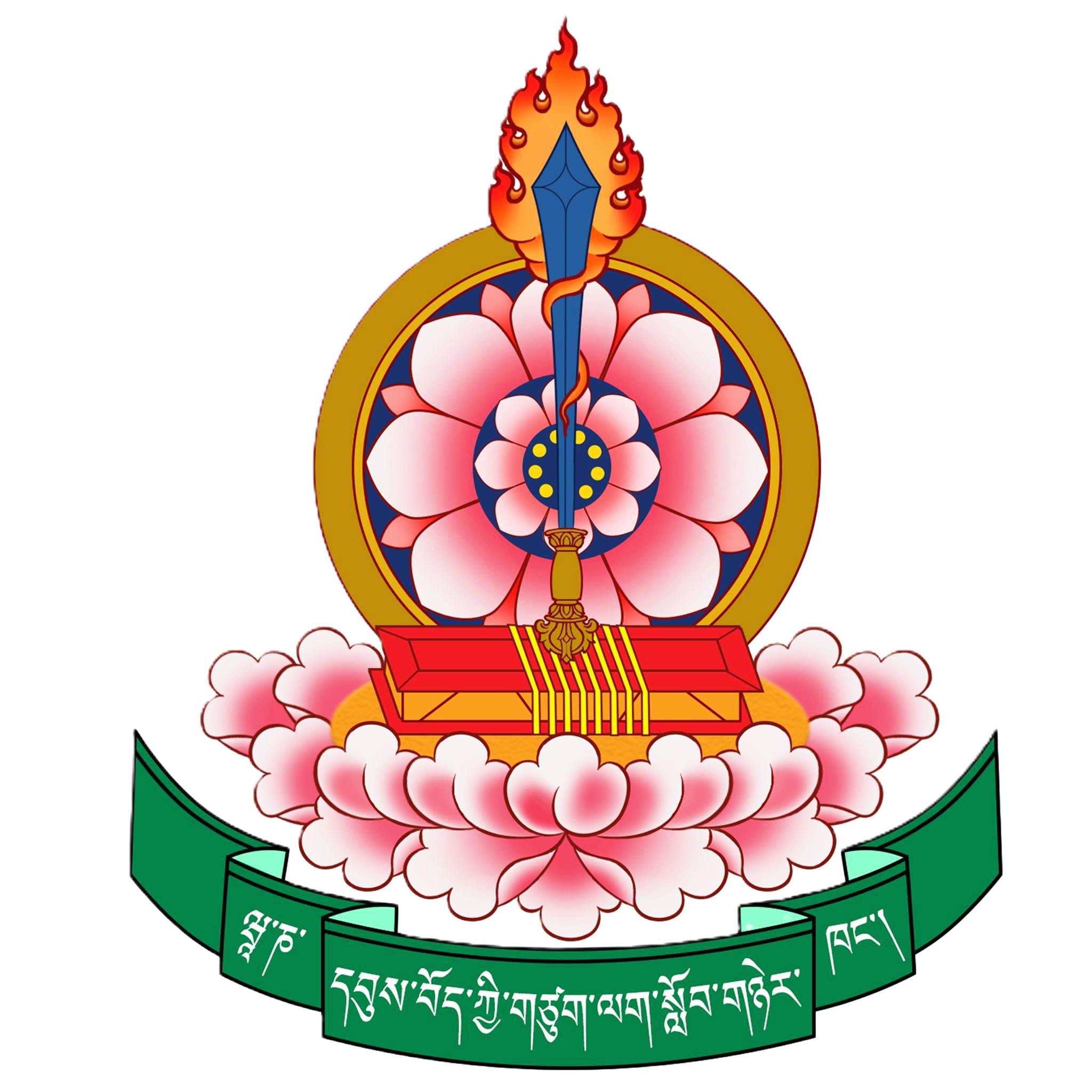CTE PORTAL
གསལ་བསྒྲགས།
OUR HISTORY
The creation of the Centre for Teacher Education was the result of a series of discussions with the Department of Education (DoE) of the Central Tibetan Administration (CTA) in Dharamsala. The idea was first conceived in 2010, when the DoE decided to establish a Teacher Training Institution in order to better serve the educational needs of the exiled Tibetan community. A centre was envisioned that could train and nurture teachers according to the specific orientations of Tibetan society as laid out in the Basic Education Policy (BEP), CTA’s key policy document in education. The BEP espouses four principles as the foundation of its approach to education: freedom, altruism, innovation, and upholding culture and heritage.
In recent times, concerns had been raised about the falling standards of teaching and academic achievement in the Tibetan community in India, and in the network of Central School for Tibetans (CST) in particular. For this reason, the CTA began the process of taking on the administration of CST schools that had been formerly generously administered by the Government of India. Although it is an exciting new opportunity, it also presents a recruitment challenge to find qualified teachers. A vital priority, therefore, is to design teacher-training programmes that can produce enough quality teachers to educate the young generation of Tibetans in India.
The Department of Education contacted the Institute to progress the idea of a Centre for Teacher Education. This Centre would provide courses and degrees recognized by the Indian Government’s National Council for Teacher Education (NCTE) and would fulfil the educational needs of the Tibetan community, with the DoE contributing the staff pay and other running expenditures.
It was decided that the best approach was to run an innovative course on a four-year integrated B.A.,B.Ed./B.Sc., B.Ed. Earlier, teachers did their Bachelor Degree followed by a one-year course in education. It was found that the one-year time line was insufficient for the students to absorb the pedagogical material, and so it was decided to develop an integrated four-year course where content and pedagogy were aligned from the outset.
CIHTS already had permission to run a Bachelors of Education course, but it needed approval to run an integrated course from the NCTE under the Ministry of Human Resource. Although such ‘integrated’ courses were a relatively recent educational development in India, there were five or six Indian universities already running integrated courses in education. CIHTS examined the content of these courses, but ultimately found them lacking the richness of content that would deem them suitable. One major drawback was that the B.Sc. course was limited in scope and did not properly qualify the students for the M.Sc.
Unable to find an adequate existing model upon which to base its syllabus, it was decided that the way forward was for CIHTS to design an innovative education course of its own. The Institute created a Syllabus Committee made up of eminent educationists in science and the arts from BHU and Kashi Vidyapith. Professor K.P. Pandey, a reputed education expert and Director of the Society for Higher Education and Practical Applications (SHEPA), was invited to chair. After two months of deliberations, the Committee produced the syllabus of the Innovative Teacher Education Programme combining courses of Bachelor and B.Ed. (B.A.,B.Ed./B.Sc., B.Ed) in a course called Śāstri cum Śikṣā Śāstri.
There are parallel streams of content and pedagogy at every step of the programme. The courses seek to strike a balance between inculcating traditional knowledge and offering instruction in subjects in line with modern-day requirements. Apart from science and humanities, Tibetan language and Literature, General English, and pedagogy related courses are compulsory. A focus on professional development is balanced with a basic grounding in Buddhist philosophy, moral ethics, and human values.


